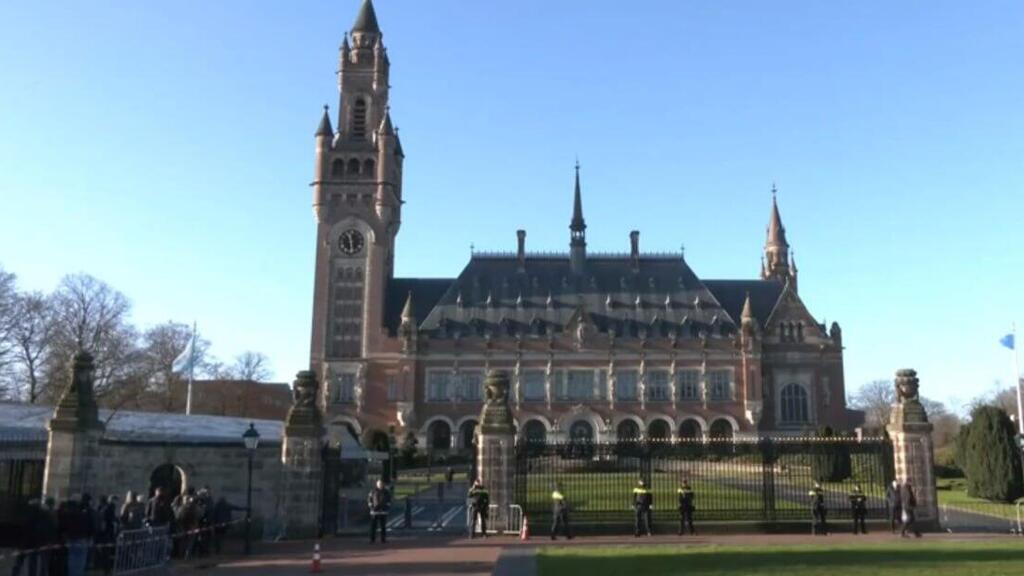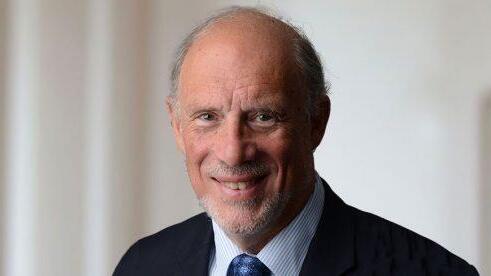Getting your Trinity Audio player ready...
Israel will not send a representative to the International Court of Justice in the Hague for a hearing on the legality of the Israeli occupation of the West Bank, because it does not recognize the authority of the court. The decision was made late last week in a meeting held by Prime Minister Benjamin Netanyahu, Foreign Minister Israel Katz, Justice Minister Yariv Levin and head of the National Security Council Tzachi Hanegbi, with the attorney Malcolm Shaw, who represented Israel in the court over accusations of genocide.
Read more:
The ICJ will begin an historic hearing on Monday into the legality of Israel’s 57-year occupation of lands sought for a Palestinian state, plunging the 15 international judges back into the heart of the decades-long Israeli-Palestinian conflict.
The deliberations are expected to spread over two months and will not end with a binding ruling. Israeli officials said this is part of the ongoing battle of Palestinians against Israel in the international arena, "with the purpose of slamming Israel and harming its legitimacy."
The case arrives at the court after the U.N. General Assembly voted by a wide margin in December 2022 to ask the world court for a non-binding advisory opinion on one of the world’s longest-running and thorniest disputes. The request was promoted by the Palestinians and opposed vehemently by Israel. Fifty countries abstained from voting.
In a written statement before the vote, Israel’s U.N. Ambassador Gilad Erdan called the measure “outrageous,” the U.N. “morally bankrupt and politicized” and any potential decision from the court “completely illegitimate.”
The decision of the highly respected international tribunal could be used against Israel's international standing and support the position of those calling to boycott it, in the backdrop of the ICJ's deliberation over South Africa's accusations that Israel is committing genocide of the Palestinians in its war in Gaza. "This is a headache Israel does not need," a senior source said.
Palestinian representatives, who speak first on Monday, will argue that the Israeli occupation is illegal because it has violated three key tenets of international law, the Palestinian legal team told reporters Wednesday.
They say that Israel has violated the prohibition on territorial conquest by annexing large swaths of occupied land, has violated the Palestinians’ right to self-determination, and has imposed a system of racial discrimination and apartheid.
“We want to hear new words from the court,” said Omar Awadallah, the head of the U.N. organizations department in the Palestinian Foreign Ministry.
“They’ve had to consider the word genocide in the South Africa case,” he said, referring to a separate case before the court. “Now we want them to consider apartheid.”
Awadallah said an advisory opinion from the court “will give us many tools, using peaceful international law methods and tools, to confront the illegalities of the occupation.”
Palestinians and leading rights groups say the occupation goes far beyond defensive measures. They say it has morphed into an apartheid system, bolstered by settlement building on occupied lands, that gives Palestinians second-class status and is designed to maintain Jewish hegemony from the Jordan River to the Mediterranean Sea. Israel rejects any accusation of apartheid.



